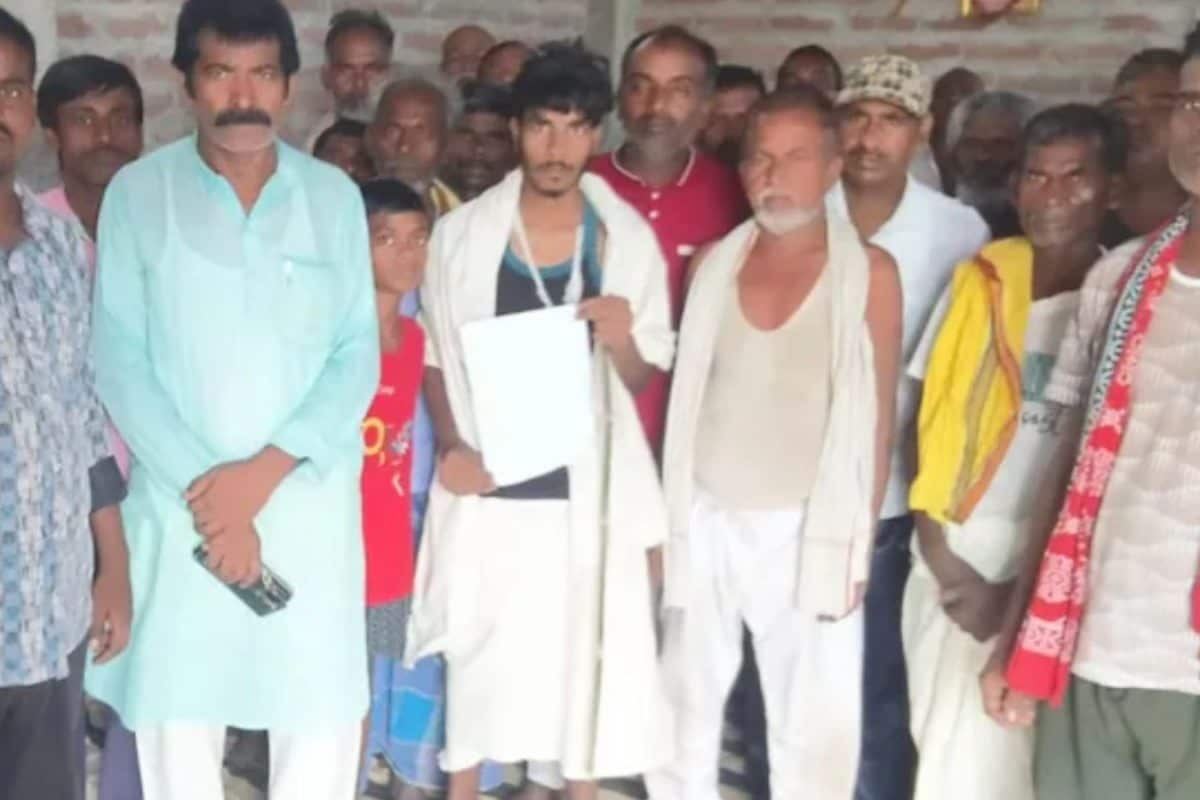

A village in Bihar has taken a firm stance against the tradition of "Mrityubhoj," a post-funeral feast, by imposing a ban and setting a fine of ₹5,100 for anyone who hosts such an event. This decision reflects a growing awareness of the financial strain that these feasts place on families, particularly those from marginalized communities.
Mrityubhoj, also known as "terahvin" or "mausar" in some regions, is a practice where the family of the deceased hosts a feast, usually on the 13th day after death, to feed relatives, acquaintances, and community members. While intended as a way to honor the departed and provide solace to the bereaved, it often results in significant financial burdens, pushing already vulnerable families into debt.
In many rural households, particularly those belonging to Scheduled Castes (SC), Scheduled Tribes (ST), and Other Backward Classes (OBC), families struggle to make ends meet, earning meager daily wages. Organizing a Mrityubhoj can cost tens of thousands of rupees, sometimes even exceeding ₹1 lakh, especially if musical programs or guest house rentals are involved. To cover these expenses, families often resort to taking loans or selling their land, exacerbating their economic hardship.
Several factors contribute to the perpetuation of this tradition, including social pressure and a belief that it is an indispensable custom. In some cases, village panchayats have even imposed boycotts and fines on families who refuse to host the feast. The decision by this Bihar village to ban Mrityubhoj is a bold step towards breaking this cycle of financial strain and social obligation.
The ban is not unique, as other regions have also witnessed efforts to curb this practice. Rajasthan, for instance, enacted the "Prevention of Mrityubhoj Act" in 1960, making it a punishable offense to host large feasts. Social activists in Bundelkhand and eastern Uttar Pradesh have also been campaigning against Mrityubhoj, citing its unscientific nature and conflict with the Indian constitution. These campaigns often draw inspiration from the teachings of social reformers like Dr. Babasaheb Ambedkar, who advocated against such practices.
While banning Mrityubhoj may face resistance from those who view it as a sacred tradition, proponents argue that it is a necessary step to protect vulnerable families from financial ruin. By imposing a fine, the Bihar village is sending a clear message that it prioritizes the well-being of its residents over adherence to potentially harmful customs. It remains to be seen whether other villages will follow suit, but this initiative could pave the way for a broader movement against Mrityubhoj and other costly social practices.